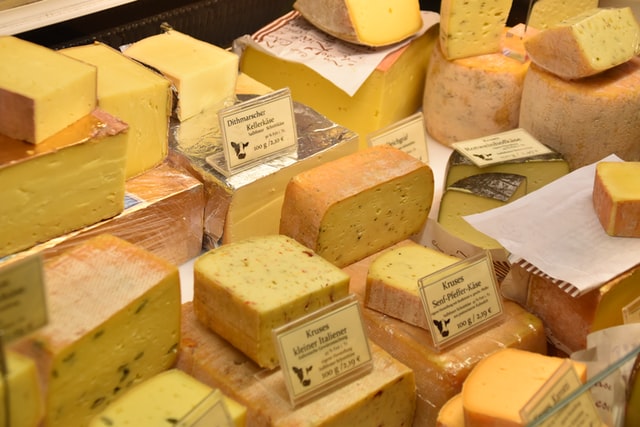The EU battle for food names such as feta and gorgonzola isn’t just threatening $650 million in Aussie cheese sales – our whole heritage is at risk, the dairy industry argues.
Australia’s rich multicultural heritage could be diminished if it gives in to Europe’s “anti-competitive” demands for exclusive use of food names such as feta, the dairy industry warns.
And even considering a new policy of how Europe’s requests could be implemented is premature, given a deal is not yet inked.
Those are the views put forward by the Australian Dairy Industry Council in its submission to the Federal Government’s recent consultation on a new geographical indication system, in the context of an EU trade deal.
The EU is demanding exclusive use of 172 food names and 236 spirit names under the agreement; Australian producers say not being able to use the names will harm their markets at home and abroad.
According to minutes from the last round of negotiations in September, Australia will “only agree to protect EU GIs terms, at the end of the negotiations, if the overall deal is good enough”.
However, the Government has forged ahead with consultations on how a new GI system could operate, prompting fears from the National Farmers’ Federation that agriculture and GIs will be the “sacrificial lamb” to finalise a deal.
Two-way trade between the EU and Australia was worth about $85 billion in 2019, with Australian agriculture exports accounting for $2.4 billion; of that, canola, wine and wool are the top three exports.
The EU, however, is Australia’s largest source of agriculture imports, dairy products among the top products.
With 56 cheese names such as feta, gruyere and gorgonzola on the EU hit list, ADIC says losing the use of those product names could put $650 million in sales in jeopardy.
ADIC said it was concerned the “overly restrictive” GI proposals from the EU would impose considerable extra costs on local industry and communities, and affect many local producers.
“These proposals fail to take proper account of Australia’s status as a multicultural nation and its significant European heritage,” the submission stated.
An IP Australia spokeswoman said 32 submissions had been received to the consultation so far, with some organisations requesting extra time to submit their views.
The Government is expected to release its response early in the new year.
“The Government has not made any commitment on protection of geographical indications, and will only do so if the overall Australia-EU free trade agreement is in our interests, including by delivering commercially significant new market access for our agricultural products and businesses,” the spokeswoman said.
Original article soured from https://www.weeklytimesnow.com.au/



